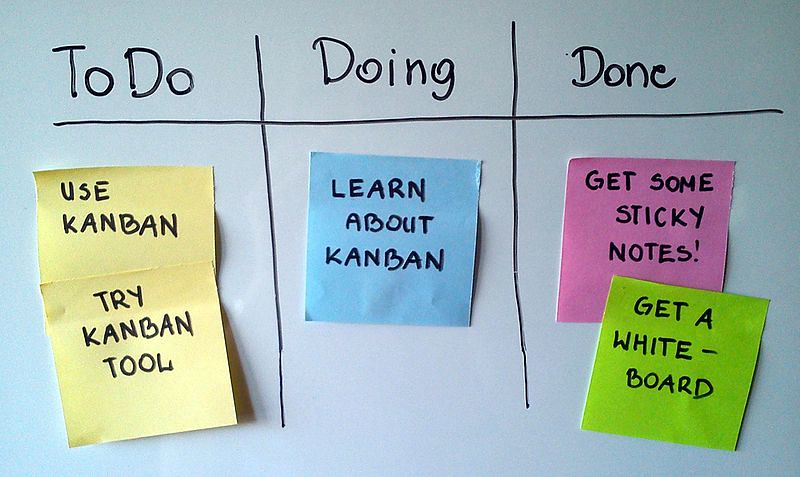In this post, Ed Clay, a PGR in the Department of Modern Languages and a father of twins, gives his tips for juggling parenthood and PhD research.
Lots of postgraduate researchers refer to their PhD project as their ‘baby’. That is, of course, until they have a real one! It goes without saying that parenting while doing a PhD comes with its difficulties, but none of them are insurmountable, and some may even end up helping to motivate you through to the finish line. I’m sure there are endless pieces of advice for PhD parents out there but hopefully my experiences might help people in a similar position to embrace the challenge.

In my experience, the most important thing to do from the outset is to make sure you have the right mindset. Stop comparing yourself to PGRs who are not parents and stop feeling like you need to do everything they do. The reality is that you will need to make sacrifices and simply won’t be able to commit to as many conferences and other opportunities as you might like. However, this can also work in your favour because it forces you to be selective and only sign up to those things that you are sure will benefit you directly.
It is likely that you will go through periods of feeling guilty for being away from your children and for not spending all the time you have with them because of your research commitments. I find the best way to overcome this is, where possible, to make sure you have regular family time each day and each week that is protected and sacrosanct, and ensure that you put your research to the back of your mind during all those times. It’s not always easy to switch off like this, but the more you try to do this, the easier you will find it to cope with the feelings of guilt when you are away from them.
In practical terms, I have found that there are other seemingly small changes you can make to your day-to-day research routine which can have a big impact on your family life. If you are lucky enough to have children who sleep relatively well through the night, as ours now do, then try to make the most of the time that you have when they are asleep. I work well in the early morning, so I found getting up an hour or so before the children allowed me to increase my undisturbed working hours significantly per week.
This might seem like an obvious change, but at first I was rigidly sticking to my usual working hours that I had before children, and getting frustrated when my productivity was not as good. This wouldn’t work for everyone and some people much prefer working later in the evening, but it is important to think creatively about how you can block out a decent amount of time for yourself to get research done in a way that doesn’t affect the time you are able to spend with your children.
The main thing to remember when working your way through PhD research while also raising a family is that your research routine will look very different from most other researchers because you obviously need to prioritise your children. However, prioritising your children does not mean putting your PhD work on the back-burner, just that you need to be a little more creative in how your manage your time and be selective on what you commit to. Don’t be afraid to say ‘no’ to things that don’t fit with your plans. After all, that great feeling when you finally submit your thesis will make those late nights (or early mornings) all worth it!








